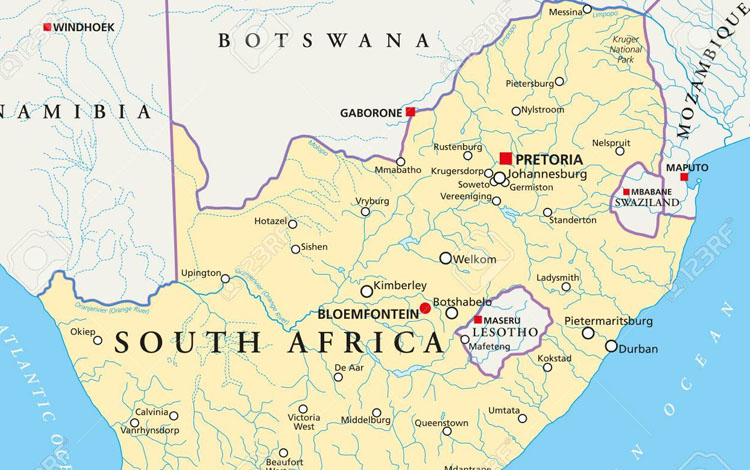(3 minutes read)
· . Business Confidence Index slide from 93.1 in December to 92.2 in January
· Predictions are that economy will register only 1% growth until 2022
South African President Cyril Ramaphosa has a job cut out while he makes the state-of-the-nation address next week. He has not only to explain but also to convince his countrymen his bail out plans for the economy. Can he do that is the trillion dollar issue, when there is no respite from the downturn of the economy.
The latest bolt from the blue is the decline in the business confidence index to 92.2 in January from 93.1 in December. The index is calculated by the business lobby- the South African Chamber Commerce and Industry- the weakest January n index since 1993. The year 1993 was marked by political upheavals and violence on account of the turmoil let loose by the country’s first democratic elections.
Business confidence looked up in 2018 immediately after Ramaphosa won the leadership of the ruling African National Congress (ANC) and took over as president of the country. Since then, sentiment slid as reforms stalled and touched an 34-year low in 2019. Apart from President Ramaphosa’s state –of-the –nation address next week , Finance Minister Tito Mboweni’s will present the annual budget on February 26. Business community is looking forward to a reform focused state-of-the-nation address and a proactive budget that can permeate the feel good factor.
Sentiment was clouded by downward revisions to 2020 economic growth forecasts to less than 1% by key institutions, including the International Monetary Fund (MF), which had forecast a growth below 1% for the economy in 2020. That may not be off the mark having regard to the act that gross domestic product hasn’t expanded at more than 2% annually since 2013. The prediction is that the growth may hover around 1% till 2022 since the power deficit in the country would continue adversely affecting manufacturing and mining sectors. The debt ridden -power company Eskom Holdings is in a perilous situation that makes power cuts a daily phenomenon. Eskom needs not only heavy investments but also massive restructuring. For that, there is resistance from the trade unions.
Experts feel that in the midst of power cuts and demand from the local people to make the mining and land rules more favorable to them may deter more foreign investments in mining and manufacturing. Also, country’s agriculture sector is in a dire need for revamp. Many have suggested large scale contract farming and that would mean more involvement of private business and even foreign direct investment in the sector. Whether that would go well with the local population, who are up against the large holdings of the white population, is something that one would have to wait and see.





